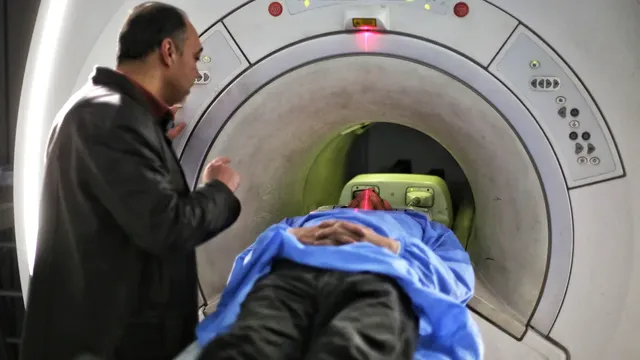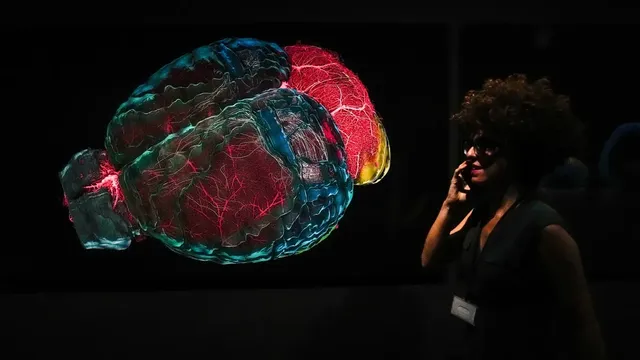A new study published in the journal Neurology reveals that chronic insomnia may accelerate memory loss and cognitive aging of the brain, reports the website Knowridge.
According to scientists, people with long-term sleep problems have a 40% higher risk of developing mild cognitive impairment or dementia compared to those who sleep well.
The study followed 2,750 adults with an average age of 70 for more than five years. About 16% suffered from chronic insomnia, defined as difficulty falling asleep or staying asleep at least three times a week for three months or more. In these people, the risk of cognitive problems was equivalent to an additional 3.5 years of brain aging.
Annual tests of memory and thinking skills, as well as brain scans, showed that people with insomnia had more white matter lesions (a sign of damage to small blood vessels) and higher levels of amyloid plaques, which are associated with Alzheimer’s disease. Those who reported sleeping less than usual had lower cognitive scores and more brain changes—comparable to people with a genetic predisposition to Alzheimer’s.
Conversely, participants who slept more than usual showed fewer signs of brain damage. People with a gene that increases Alzheimer’s risk were particularly affected—in whom insomnia led to the most rapid decline in memory and thinking skills.
“Treating chronic insomnia may not only improve sleep quality but also protect the brain as it ages,” says Dr. Diego Carvalho of the Mayo Clinic.
The study highlights that good sleep is a key factor in brain resilience and cognitive health. A limitation of the study is that insomnia was determined by medical records, which may exclude undiagnosed or milder cases. However, the results fit into a growing body of scientific evidence that sleep plays a crucial role in brain health. | BGNES

 Breaking news
Breaking news
 Europe
Europe
 Bulgaria
Bulgaria







